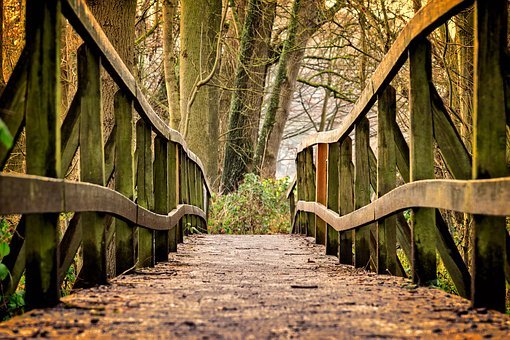“Doulas and After-Death Care” is a new course from Lee Webster. It’s purpose-built to answer all of the specific questions death doulas have about operating in the real world.
This course has been a long time coming.
When we started the National End of Life Doula Alliance (NEDA), with Merilynne Rush, Patty Burgess, Susan O’Brien, Tara Estes, Deanna Cochran, and myself, I was clear that my real role was going to be to hold the line for home funeral guides and families. Merilynne and I had spent years advocating for after-death care; mostly after death care educators, support for family directed funerals, and now we were going to find ways to support all doulas of practice before the death occurred with an organization that welcomed everyone regardless of training or experience or lack of it.
Not long after we got NEDA up and running, we founders found ourselves in an Airbnb overlooking Capitol Hill in Washington D.C. where we were about to meet for the first time as part of the newly formed National Hospice and Palliative Care Organizations’ doula council. We stayed up half the night talking about what happens when a death actually occurs, and it became clear to me that doula trainers, even my esteemed colleagues in that room (in our pajamas with wine) weren’t versed in what could happen if doulas continue to charge for practice or what to do when someone dies.
The main focus of the course is the funeral laws that apply to doulas who choose to support families once death occurs.
Why do they need a course like this?
Because what happens to our bodies after death is now solidly invested in a regulated, licensed profession that deliberately distances families from death in general, and they’re deceased in particular. In order to take that access and privilege back, people need to know what the law is to avoid running afoul of a very bright line that’s been drawn.
Crossing it could jeopardize their helper’s right to practice, and in the long run, the rights of all Americans to care for their own dead, if laws are passed that restrict them, as has already happened in 10 states.
It’s our obligation as doulas and after-death care educators to protect the rights of our families with clear information about what’s legal and what isn’t, what services can be charged for, and when. Doulas can cross into the after death sphere and teach those who’ve lost the art of caring for our dead in their own homes. How to, as I always phrase it, operate a washcloth without ending up in the hoosgow.
It’s a surprising amount to know before entering this arena, and my intention is to be sure anyone taking the course who works in end-of-life doula support, can transition seamlessly from before to after death.
There are lessons on who’s in charge and when, what paperwork looks like, how to complete and file it, what body care and vigils look like after the death, and all kinds of ready-made forms and agreements and such, so you don’t have to reinvent it all for your practice. My pal Dina Stander also stopped by with a fabulous lesson on holistic fee setting and sliding scales that’s sensible and compassionate and legal.
Merilynne and I also led the way in developing the need a after death care educator proficiency assessment in badge that’s based on core competency we designed early on. We’ll cover everything you need to know to earn yours. I think the course is going to fill some major gaps for doulas who gravitate toward what happens after death, and for those are only interested really in home funerals. I know it’s the course I wish I’d had.

